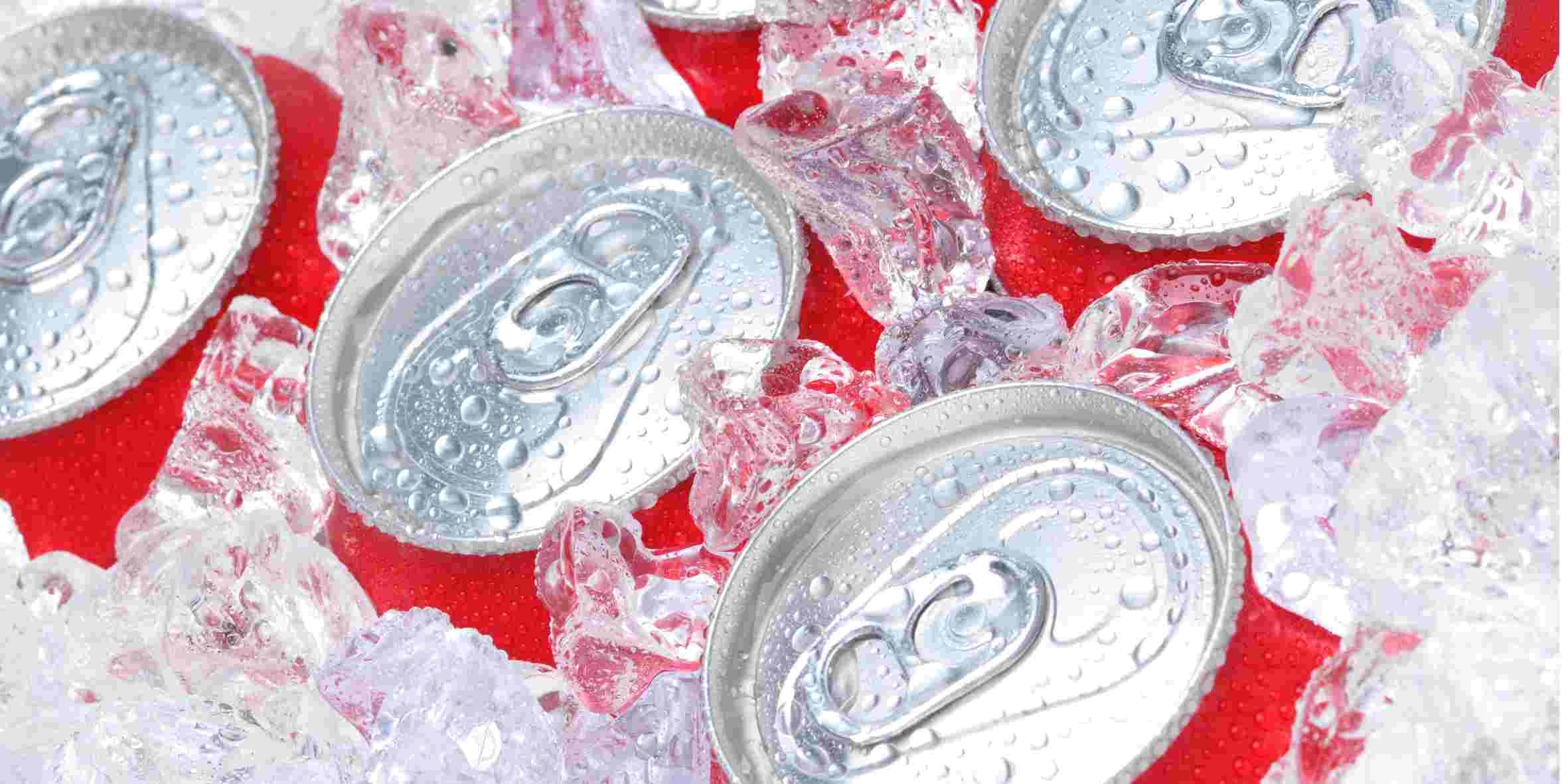Internet Asks: "Dr Pepper Zero Ingredients"
Dr Pepper Zero has become a popular choice for soda lovers who want to enjoy the classic taste of Dr Pepper without the added sugar. But what exactly goes into this beloved beverage? In this article, we will explore the ingredients of Dr Pepper Zero, uncovering the sweeteners used, their health implications, and what makes this drink a guilt-free pleasure.
sponsored links

Understanding Dr Pepper Zero
Dr Pepper Zero is a sugar-free version of the original Dr Pepper soda. It aims to provide the same unique blend of 23 flavors without the added calories and sugar. But what exactly goes into making this refreshing drink? Here’s a breakdown of its ingredients:
Dr Pepper Zero Ingredients List
1. Carbonated Water
- Role:
> Acts as the base for the soda, providing the fizzy
sensation.
- Health Impact: Generally safe for
consumption; the carbonation process can sometimes lead to
bloating or gas.
2. Caramel Color
- Role: Adds the characteristic dark color
to the beverage.
- Health Impact: Some
studies suggest that artificial coloring might have health
risks, but it's considered safe by regulatory agencies like
the FDA when used in food and beverages.
3. Phosphoric Acid
- Role: Provides acidity, balancing the
sweetness and enhancing the overall flavor.
- Health Impact: Excessive consumption of
phosphoric acid can affect bone health and tooth enamel, but
it's considered safe in moderate amounts.
4. Aspartame
- Role: A low-calorie artificial sweetener
used to provide sweetness without adding sugar.
- Health Impact: Approved by the FDA and
other health organizations, aspartame is safe for most
people. However, individuals with phenylketonuria (PKU)
should avoid it.
5. Acesulfame Potassium (Ace-K)
- Role: Another artificial sweetener that
enhances the sweetness of the drink.
- Health Impact: Generally recognized as
safe by health authorities, but some studies suggest that
excessive consumption might have potential health risks.
6. Natural and Artificial Flavors
- Role: These flavors create the unique
taste profile of Dr Pepper, blending 23 distinct flavors.
- Health Impact: Typically safe, but the
exact composition of these flavors is proprietary and not
disclosed.
7. Sodium Benzoate
- Role: Acts as a preservative to extend
shelf life and prevent microbial growth.
- Health Impact: Considered safe in small
amounts, but high consumption may be linked to health issues
like hyperactivity in children.
8. Caffeine
- Role: Adds a mild stimulant effect,
contributing to the drink's refreshing quality.
- Health Impact: Safe in moderate amounts,
but excessive intake can lead to side effects such as
insomnia, jitteriness, and increased heart rate.
9. Citric Acid
- Role: Adds a tangy flavor and acts as a
preservative.
- Health Impact:
Generally recognized as safe, but can cause tooth erosion if
consumed excessively.
sponsored links
Health Considerations
While Dr Pepper Zero offers a sugar-free alternative, it's essential to consume it in moderation. Artificial sweeteners and other additives are safe for most people when consumed within recommended limits. However, those with specific health conditions or concerns should consult with healthcare professionals before making diet changes.
Conclusion
Dr Pepper Zero provides a flavorful, sugar-free option for soda lovers looking to reduce their sugar intake. Understanding its ingredients helps consumers make informed choices about their beverage consumption. Enjoy Dr Pepper Zero responsibly and savor the taste of its unique blend of 23 flavors without the added sugar.
Disclaimer: The information provided in this article is for educational and informational purposes only. Always consult with a healthcare professional for any dietary concerns or health conditions.
sponsored links
References
1. Dr Pepper. Products. https://www.drpepper.com/s/products/dr-pepper-zero-sugar
2. International Agency for Research on Cancer (IARC). Aspartame hazard and risk assessment results released: www.iarc.who.int/featured-news/aspartame-hazard-and-risk-assessment-results-released
3. EFSA. Aspartame: www.efsa.europa.eu/en/topics/topic/aspartame
4. US Food and Drug Administration (FDA). Aspartame and Other Sweeteners in Food: www.fda.gov/food/food-additives-petitions/aspartame-and-other-sweeteners-food
5. Bian X, Chi L, Gao B, Tu P, Ru H, Lu K. The artificial sweetener acesulfame potassium affects the gut microbiome and body weight gain in CD-1 mice. PLoS One. 2017 Jun 8;12(6):e0178426. doi: 10.1371/journal.pone.0178426. PMID: 28594855; PMCID: PMC5464538.
6. National Institute for Occupational Safety and Health (NIOSH)Trusted Source. https://www.cdc.gov/niosh/npg/npgd0506.html
7. Canadian Beverage Association. Carbonated Soft Drinks. https://www.canadianbeverage.ca/beverages/carbonated-soft-drinks/
People are also reading...
Does Sprite Have Caffeine?
Does Coke Zero Have Caffeine?
How Much Sugar In Coke?
Does Hot Chocolate Have Caffeine?
Does Kahlua Have Caffeine?
Caffeine-Free Energy Drinks?
Caffeine-Free Mountain Dew?
Caffeine-Free Soda?
Caffeine-Free Tea?
Ready to level-up?
Create meal plans 10x faster, follow up with your clients through our mobile app, and never struggle with meal planning or recipe management again.